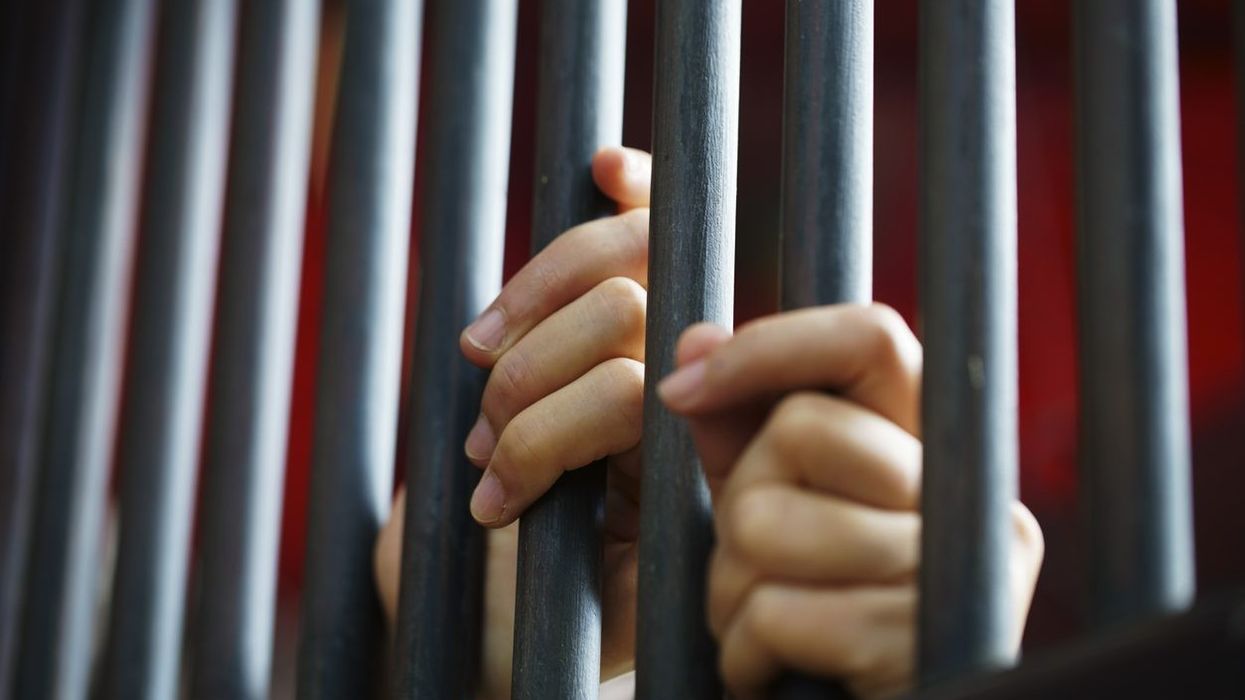Amnesty International has partnered with more than 20 human rights organisations campaigning against enforced disappearance in south Asia and created Footprints - a digital museum recording the stories of the victims.
Enforced disappearance is a crime under international law, but is used by states across the world to silence dissent and instill fear.
South Asia has a long history of enforced disappearances with thousands of cases of people missing for decades. The victims include journalists, activists, dissenters, and minority voices, who challenge authority and advocate for justice.
They are apprehended by the authorities or their agents, but the authorities refuse to acknowledge this or conceal the person’s fate or whereabouts, placing them outside the protection of the law. They are at risk of torture or extrajudicial execution.
Sometimes, disappearance may also be committed by armed non-state actors, like armed opposition groups.
Sri Lanka has a dark legacy of enforced disappearances and is ranked second in the world with 60,000-100,000 reported cases.
The practice started in the 1970s and continues even to this day. The cessation of the armed conflict in 2009 did little to halt enforced disappearances.
Afghanistan has been afflicted by a legacy of enforced disappearances spanning various regimes.
It began with the People’s Democratic Republic of Afghanistan era (1978-1992), followed by Mujahideen conflicts and civil war, and continues during the ongoing de facto Taliban’s regime.
Enforced disappearances in Pakistan have been used as a political tool since the 1980s, but it became more frequent after 2001, during the ‘war on terror’, as a counterterrorism strategy.
Since 2011, at least 10,078 enforced disappearances were recorded by the Pakistan Commission of Inquiry on Enforced Disappearances, though human rights organisations suggest higher numbers.
In Bangladesh, enforced disappearances have been taking place since its formation in 1971, but has escalated since the Awami League’s ascent to power in 2009.
Security forces often target opposition leaders, activists, and dissenting voices under the guise of fighting terrorism.
In India, enforced disappearances have been a grave human rights issue for decades, predominantly utilised in Kashmir, Punjab, Manipur, Chhattisgarh, and most recently in West Bengal.
They have largely been associated with armed conflicts and counter-insurgency operations. They are often compounded by “fake encounter killings”, where security forces stage self-defence scenarios to justify extrajudicial killings.




